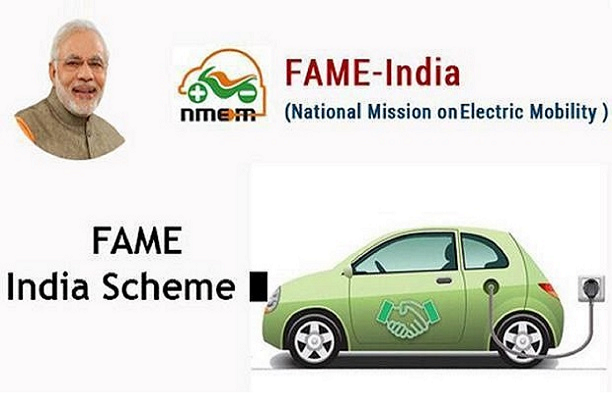Indian Government EV Policies and It’s future perspective: SGT University is going to held a Panel Discussion in November 2022.
–IshikaBhardwaj
The Union Budget 2022 highlighted the need for e-mobility encouraging EV adoption throughout the nation to focus on sustainable and clean mobility solutions and giving greater emphasis to renewable energy sources, clean environment and initiative coping with climate change is one of the key steps to make the Indian automotive industry compete globally, which will ensure greater value addition in our country.
No doubt this transformation will be a good step towards a clear mobility and environment. But can we say that the Indian states are prepared for this transition?
An update on the electrification journey nationally and state-wise giving the regulatory and policy frameworks of both the Central and the State governments.
The National Electric Mobility Mission Plan (NEMMP) was launched in 2013. It’s a governmental mission providing a roadmap for the faster adoption of electric vehicles in the nation and their manufacturing in the country to achieve national fuel security. The plan is projected to save 9500 million litres of crude oil which is equal to INR 62,000 crores.
The NEMMP cages to invest around INR 14000 crores to foster R&D efforts and kick start nascent technologies, to accelerate the uptake of electric vehicles, and to develop necessary infrastructures through public-private co-investments. The plan came into force in 2020 with a target to achieve 5-10% (approximately 6 to 7 million) electric mobility on road by the end of the year 2030.
The government had even launched the Faster Adoption and Manufacturing of (Hybrid &) Electric Vehicles in India (FAME India) scheme to promote the manufacturing of electric and hybrid vehicle technology to completely achieve electrification by 2030.
Now Let’s look at it’s pros and cons!
Advantages
Public Transportation
Sharing and mobility service’s
Creating jobs in Private and Government Sectors
Clean and Green Environment
Easy Home Recharging
Less Fuel Cost for EVs
Less Maintenance Cost for Electric Vehicles
Uses of Electric Vehicles In India
Pollution Free
Easy To Operate
One Time Investments
No Licence and Registration Needed
Disadvantages
Range Constraints
Electric Vehicles are fixed for a specific range, they cant go beyond that. Most Electric vehicles can cover a range of 100km to 150km in one charge.
Charging Stations
In India, very few EV charging stations are available. Main Cities in India like Delhi, Mumbai, Banglore, and Hyderabad have charging stations. Some thousands of charging stations should be set up all around the country to reduce the scarcity of recharging stations.
Speak Out, a forum launched by the Faculty of Mass Communication and Media Technology, to inculcate critical thinking among students and develop traits of debates among them, is organising a Panel Discussion on “Indian Government EV Policies and It’s future perspective” which will be held in the month of November 2022.



